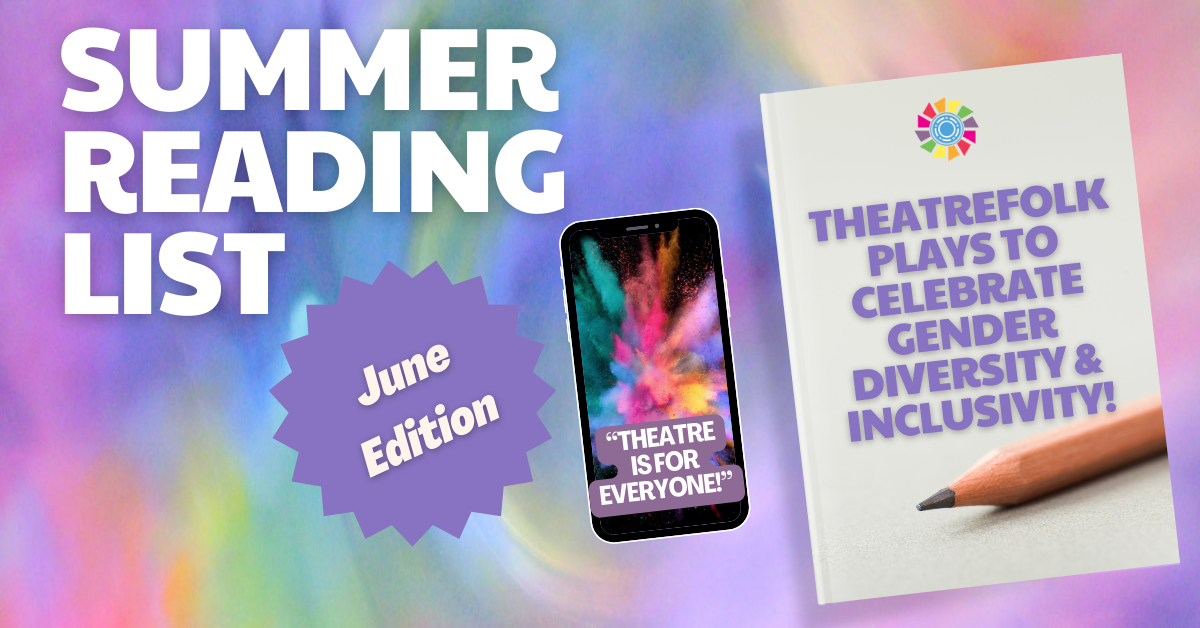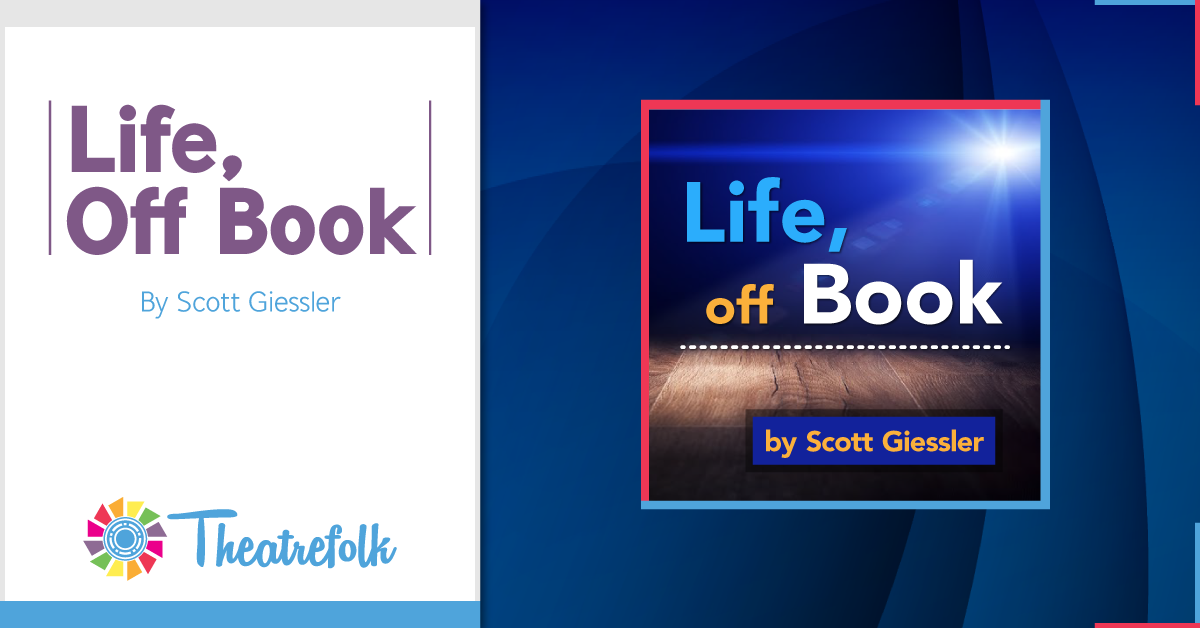
Theatrefolk Featured Play – Finding Jo March by Laramie Dean
Welcome to our Featured Play Spotlight. You should know right away that Finding Jo March by Laramie Dean is not a traditional adaptation of Little Women.
A young writer dives into the world of Louisa May Alcott’s most famous novel in order to bring the story to life (with a little help from their friends). Suddenly the March sisters are back, and the writer is one of them… Jo! But as the lives and loves of Meg, Jo, Beth, and Amy unfold, the present constantly threatens to pull the writer back into reality where a tragedy they have yet to deal with waits.
It’s about telling someone else’s story so you can find your own.
Why did we publish this play?
I have seen this play develop for awhile now and it’s a delight to be able to share it with the world! Finding Jo March is a heartbreaking, uplifting, and unique take on its original source material Little Woman. It beautifully combines past and present. It sees the story through a LGBTQ+ lens through a connection between Jo March’s story, and the play’s main character story with their identity. You must pick up this play and share it with your students.
Let’s hear from the author!
1. Why did you write this play?
I’ve loved Little Women since I was a kid and read my tattered, illustrated paperback copy to pieces. I was intrigued by the challenge of bringing a new adaptation to the stage and playing around with time: was there a way to allow the March sisters and their friends to participate in the 1860s and today? I also wanted to write something for my students to explore LGBTQ issues from different perspectives, especially since several are underrepresented and rarely, if ever, see people like themselves on stage.
2. Describe the theme in one or two sentences.
It’s about telling someone else’s story so you can find your own.
3. What’s the most important visual for you in this play?
The moment when Amy falls through the ice. It’s the climactic moment of Act One and can be done very simply with lights and music.
4. If you could give one piece of advice for those producing the play, what would it be?
Create trust with your actors. Allow them to have fun and to be themselves. Encourage them to express in words how they relate to the characters in the play, the ones they’re embodying and the others as well.
5. Why is this play great for student performers?
It gives them some great comedic moments as well as incredibly heartwrenching scenes (try not to tear up when the Writer’s father abandons them and their mother). It also allows your students of different sexual orientations or gender identities to see themselves represented in a play they get to experience for themselves.
6. Do you have any advice for people looking to perform this play online or socially distanced?
Live music will help.


